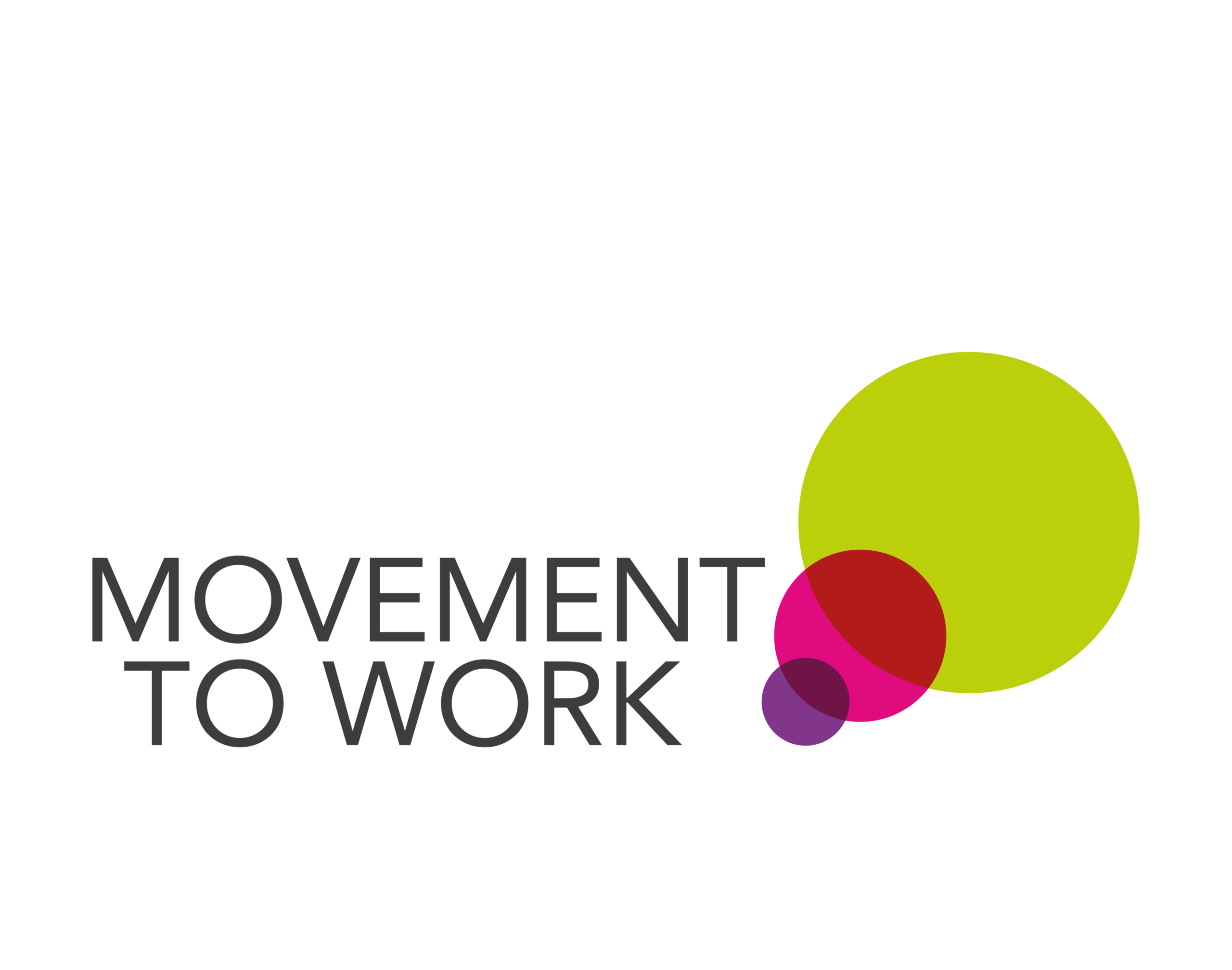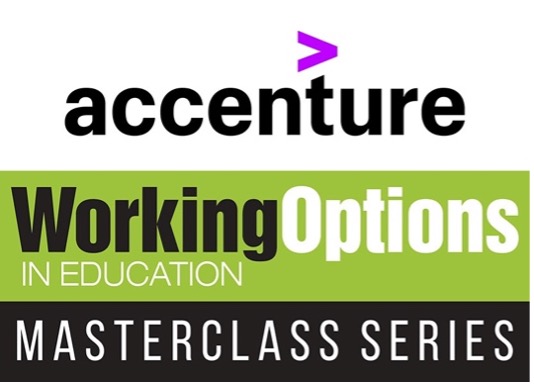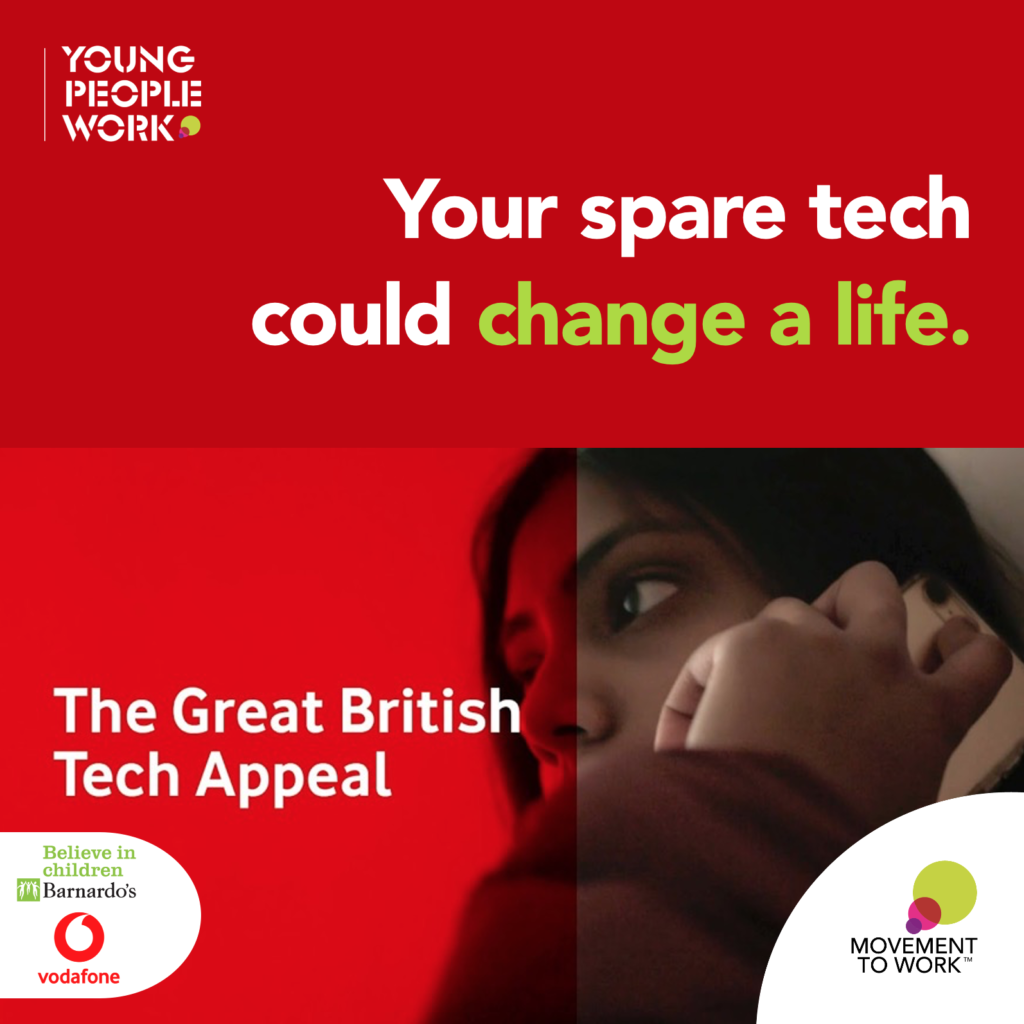- With youth employment still falling – business leaders call for more CEOs to create work experience opportunities and break cycle of ‘no job, no experience’
- New research into employment and the youth labour market explores why businesses do or do not engage in youth employability schemes
- There are concerns about how the end of furlough will further impact U.K. young people and their career prospects.
London, Thursday 21st October 2021: Disproportionately impacted by the pandemic, young people are still struggling to secure meaningful employment and are set to bear the associated long-term consequences, including lower wages, inferior prospects, and poorer mental health. Large Employers and the Youth Labour Market research*— a new report commissioned by charities Movement to Work (MtW) and Youth Futures Foundation, and co-sponsored by Accenture and Sage— reveals the economic and social benefits that can be achieved when UK employers support youth employment programmes.
Compiled by IFF, the report shows that by engaging in youth employment programmes, employers can help break the vicious ‘no job – no experience’ cycle in which many young people facing disadvantage experience. Alongside the economic and societal benefits, including better job prospects for young people who lack connections, the research shows that there are key business benefits for businesses looking to engage. Employer-led youth employability schemes are a great way to strengthen talent pipelines, harness diverse ideas and skills, and futureproof businesses.
Alongside a snapshot of the corporate youth employability landscape, the research offers advice on how businesses have succeeded in setting up programmes, such as C-suite support for such schemes being a key driver for success. Leaders from major businesses including Accenture, Sage, Tesco, Marks & Spencer, BT, BAE Systems, Barclays, Unilever, Salesforce, and Diageo have joined Movement to Work’s network of employers committed to helping young people overcome barriers to work. Movement to Work, a charity offering free support to employers to set up such programmes, has helped deliver 125,000 work placements to date and is looking for more business leaders to get involved.
The number of young people (aged 16-24) in employment remains below that of pre-pandemic levels, with those in employment falling by 243,000 (6%), and 162,000 more becoming economically inactive, an increase of 6%.** Following the end of furlough in September 2021, there are concerns about how this will further impact U.K. young people and their career prospects. The Kickstart scheme – created in response to the pandemic which subsidises job placements for young people on Universal Credit – was due to end in December but has this month been extended by three months to March 2022.
Sam Olsen, CEO, Movement to Work said: “This research has proven what we already knew. The moral case for helping young people is really clear, but the business case is stronger with each day – setting up work experience programmes generates a fantastic diverse talent pipeline for an organisation, and there are lots of government-backed schemes like Apprenticeships and Kickstart to help make it cost effective. We understand times are tough, so Movement to Work can help you figure it out and have a really positive impact in the community as a result.”
Simon Eaves, UK & Ireland CEO, Accenture said: “As the UK is at a crucial stage of its post-pandemic journey, there has never been a more important time to tackle youth unemployment. Empowering young people with right opportunities to thrive in their future careers with essential digital skills, mentorship and experience is not just the right thing to do, it will help the country’s recovery. Businesses who invest in our diverse talent across the UK will reap the rewards by building a more inclusive and open culture which in turn creates business value.”
Helen Devanny, Vice President, Sage Foundation said “Diversity of thought is an absolute must for innovative businesses and that is exactly what young people can offer. We have been able to support many young people to knock down the barriers to their first job, helping them gain valuable life and work skills and setting them up for successful careers at Sage and beyond. This year we’re proud to have taken on 36 Apprentices in areas as diverse as Customer Service, Marketing, Sales and Cloud Engineering. Through Sage Foundation we’ve also opened our doors to young people in our home region of the North East via work experience opportunities, offering them valuable insights, guidance and experience in the world of work.”
Anna Smee, CEO, Youth Futures Foundation said: “Job vacancies are at an all-time high. Our research shows businesses have recruitment concerns about young people, due to their perceived lack of work readiness and the cost of staff resource to help young people learn on the job. Yet, long-term youth unemployment is at an unacceptably high level. We are experiencing a significant skills mismatch that needs to be addressed. The talent pipeline must flow for businesses to operate effectively, and young people should get the support they need to succeed at work and benefit from the economic bounce back. That’s why we’re committing £18.7m to improve the youth employment system.”
- To read the ‘Large Employers and the Youth Labour Market’ report in full please see here.
- To read ‘Young, Inspired and Employed’ a B2B summary of the ‘Large Employers and the Youth Labour Market’ research report please see here.
– ENDS –
Notes to editors
- Movement to Work (MtW) is a not-for-profit coalition of UK employers, youth-outreach organisations, training providers and government allies – all aiming to level the playing field for young people aged 16-30 facing barriers to work. As a robust delivery partner, MtW works with employers to design bespoke youth employability programmes, either in-house or through one of their recommended training providers. With hundreds of organisational members, Movement to Work has a proven track record of driving social mobility with over 125,000 work placements delivered to date, made possible by employers, charities and Government working together. Collectively MtW has provided young people with diverse and empowering experiences ranging from hospitality to engineering, with regional hubs working in London, the Midlands, North East and North West to make a real difference nationwide.
MtW’s employer members include Accenture, BAE Systems, Barclays, BT, Salesforce, Centrica, the Department for Work and Pensions, Diageo, HSBC, IBM, Marks and Spencer, Marriott International, NHS, Tesco, Unilever and Wates, amongst others.
For more information: https://www.movementtowork.com/
Contact: info@movementtowork.com
- Youth Futures Foundation is an independent, not-for-profit organisation established with a £90m endowment from the Reclaim Fund to improve employment outcomes for young people from marginalised backgrounds. Our aim is to narrow employment gaps by identifying what works and why, investing in evidence generation and innovation, and igniting a movement for change.
For media enquiries please contact: Helen.knox@youthfuturesfoundation.org - Sage is the global market leader for technology that provides small and medium businesses with the visibility, flexibility and efficiency to manage finances, operations and people. With our partners, Sage is trusted by millions of customers worldwide to deliver the best cloud technology and support. Our years of experience mean that our colleagues and partners understand how to serve our customers and communities through the good, and more challenging times. We are here to help, with practical advice, solutions, expertise and insight.
For more information https://www.sage.com/
Media Inquiries please contact: Sage-LON@finsbury.com
- IFF Research is a full-service research agency which delivers insightful, strategic research to the private and public sector. Established in 1965, they specialise in supporting clients across seven key sectors: Learning & Skills, Higher Education, Regulation, Business & Enterprise, Work, Welfare & Wellbeing, Financial Services and Housing. They offer a wide range of research services, incorporating quantitative and qualitative research, including a large telephone interviewing team of around 1,000 interviewers.
* Findings are based on analysis of the largest UK data source on employer engagement in youth employability activities, The Employer Skills Survey 2019 and qualitative interviews with 47 major UK employers.
** Youth Unemployment Statistics, House of Commons Library, 14th September 2021.










 In response to the hardships faced through digital poverty, Barnardo’s, in partnership with Vodafone, have been successfully delivering the
In response to the hardships faced through digital poverty, Barnardo’s, in partnership with Vodafone, have been successfully delivering the 

